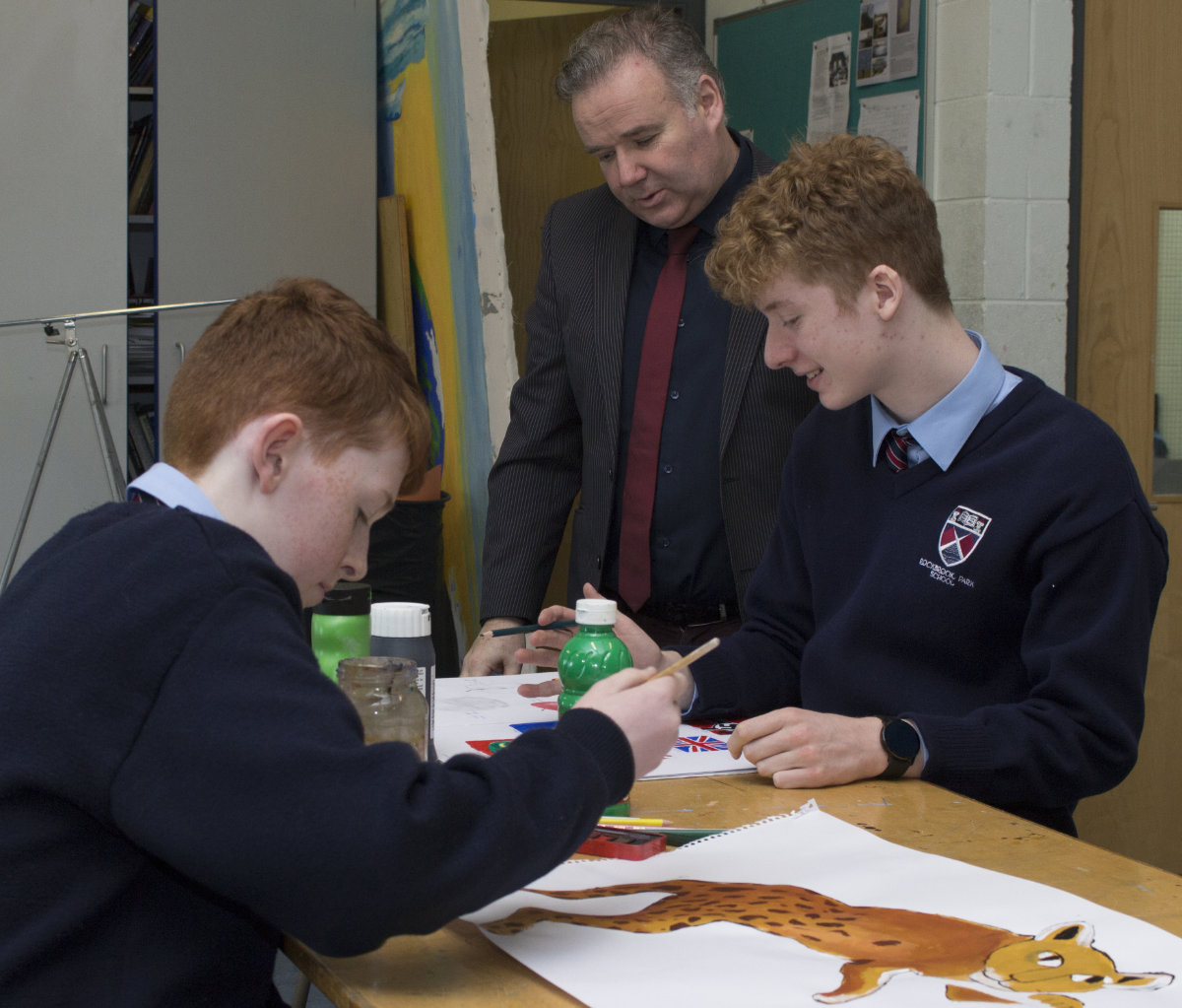Mentoring
Ensuring every student thrives

At the beginning of the academic year, each student in the school is assigned a member of staff as his personal mentor for the entire year. Students may remain with the same mentor from year to year if they so wish. Mentoring is an invaluable and distinctive feature of our personalised programme for all-round student development. Through regular one-to-one meetings and consistent follow-up, a mentor guides a student to set targets for his academic progress and work towards success in his study and exams. The focus is on leading each student to think for himself, take ownership over his learning and responsibility for his actions, and to acquire the balanced strengths that he will need to succeed in school and in life. In addition, the mentoring system brings parents closer to the education of their son.
Mentors meet with the parents / guardian of the student once a term. Parents are requested to schedule these meetings through the school secretary. Mentors also encourage parents to participate fully in the parent activities programme of the school.
A mentor’s role is to help in the development of the character of the student. In so doing, a mentor may highlight strengths and weaknesses in behaviour and personality of the student, as witnessed in school or on school-related activities, with positive practical advice to the student and to his parents on how to address these. Specifically, a mentor is a person who is well placed to draw the various threads together, to help paint a true picture of the student within the school and in the out-of-school environment, insofar as it relates to his flourishing as a person.
The mentoring role covers a broad range of topics in an age-appropriate way.
These include: study habits; attitudes to homework; academic achievement; sports; team involvements; Clann involvement; health and wellbeing; use of free time (social networking, computer games, TV, reading, hobbies and pastimes); school trips; religious faith and practice; conscience and upright behaviour; relationships, friendships inside and outside of school, and respect for all individuals; respect for laws; leadership; peer pressure; service to others; service within the family.
